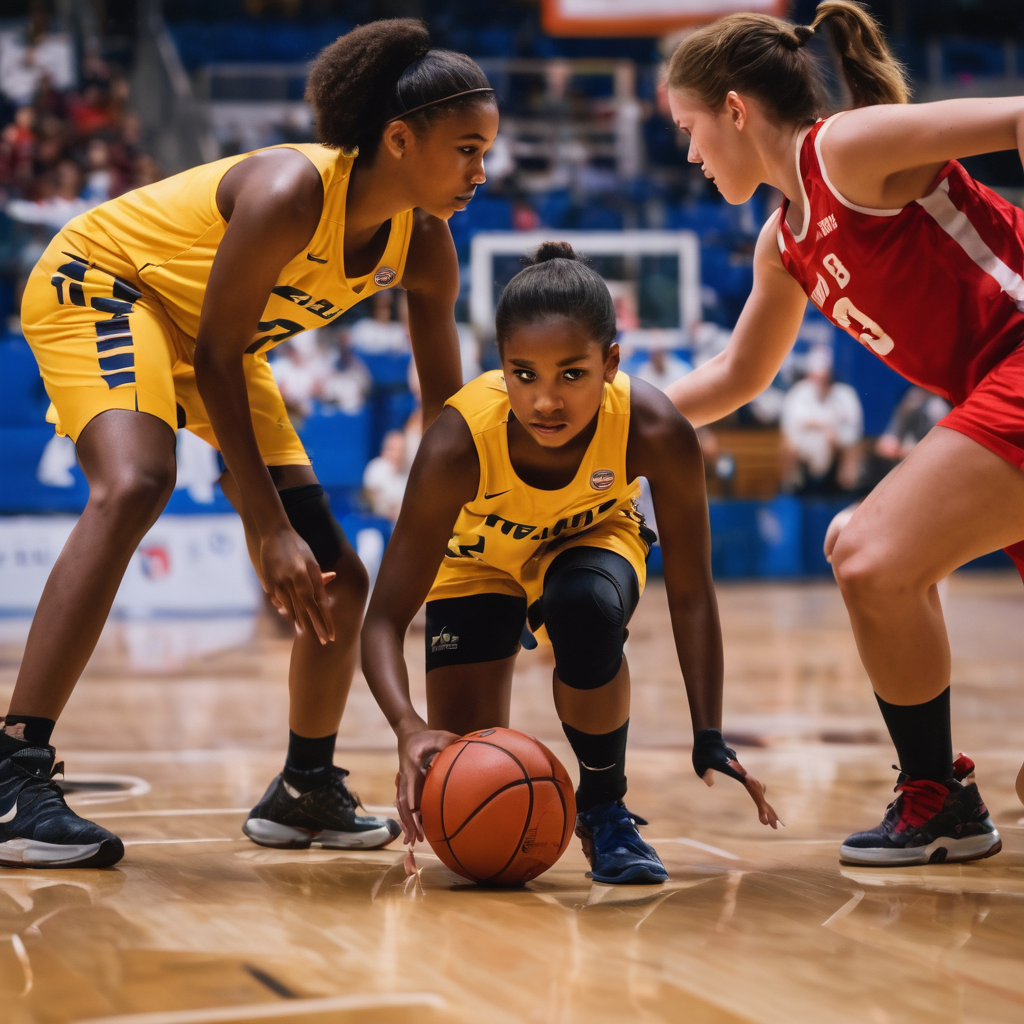
Team sports have long been lauded for stimulating personal growth and fun. Sports build character, discipline, and other life qualities in addition to health. Team sports, whether on the court or the pitch, greatly benefit people and their growth. In this post, we’ll investigate how team sports affect personal growth.
Capabilities of Leadership
Team sports frequently provide people the chance to assume leadership roles. Athletes are taught to mentor and motivate their colleagues, whether they are serving as team captains or in other leadership capacities. Decision-making, motivation, and conflict resolution are among the leadership abilities that people learn on the job and find extremely useful in developing into successful leaders in their personal, professional, and academic lives.
Developing Resilience and Character
Playing team sports gives people a chance to strengthen their character and become more resilient. Competitors and training partners present hurdles that athletes must overcome in order to learn how to handle failure, overcome obstacles, and persevere in the face of difficulty. Acquiring the ability to manage both successes and setbacks builds a strong and resilient mindset that transcends athletics and many facets of life.
Self-Reflection and Ongoing Improvement
Playing team sports promotes a mindset of introspection and ongoing development. Athletes evaluate their performances on a regular basis, pinpoint areas that need improvement, and seek to hone their abilities. Self-reflection exercises foster a growth mindset by training people to see barriers as chances for personal development rather than insurmountable hurdles. This kind of thinking turns into a potent motivator for growth on all fronts in life.
Stress Management and Coping Strategies
Team sports’ competitive character exposes players to high-pressure circumstances, which aids in the development of efficient coping mechanisms and stress management techniques. Athletes acquire the skills necessary to manage stress productively, focus under pressure, and transform anxious energy into positive performance. These coping strategies are not limited to the sports field; they are also very helpful in managing the demands of the workplace, personal life, and academics.
Social skills and networking
Team sports unite people with similar goals. Athletes bond with coaches, teammates, and themselves. These partnerships foster social skills like networking, teamwork, and group interaction. Off the pitch, team sports links often provide lifelong social support.
Good Teamwork and Communication
Effective communication and coordination are essential in team sports, which serve as a miniature version of real-life situations. Athletes acquire the skills necessary to communicate concepts, plan tactics, and collaborate on a project. Proficiency in interpersonal communication and teamwork with a variety of personalities cultivates vital interpersonal skills that are applicable in both personal and professional contexts. Team sports emphasize that success is a joint endeavor, which fosters a sense of collective responsibility.
Maintaining Order and Managing Time
Successful team sports demand discipline and time management. Athletes must stay healthy, follow strict training plans, and balance work and school. This rigorous method improves time management, helping people balance several responsibilities. These behaviors greatly affect personal growth and life success.
The intelligence of emotion
Personal development heavily relies on emotional intelligence, which includes self-awareness, self-regulation, empathy, and interpersonal abilities. Playing team sports is a great way for people to develop their emotional intelligence. Athletes learn how to control their emotions, comprehend the feelings of others, and react correctly in a variety of scenarios by learning how to handle the emotional highs and lows of success and defeat.
Establishing and Achieving Goals
Team sports inspire people to set and achieve short- and long-term goals. An athlete’s mindset is shaped by setting and attaining goals, whether it’s to improve performance, win a title, or master a skill. This skill motivates people to develop and achieve personal, professional, and academic goals. It goes beyond sports.
Mental Health and Physical Fitness
Even though the emphasis here is on personal growth rather than health advantages, it’s important to recognize the advantages team sports have for physical well-being. Frequent physical activity enhances general well-being and improves mental and cognitive abilities. Exercise releases endorphins, which improve mood by lowering stress and anxiety and encouraging a more optimistic view of life.
Cultural Sensitivity and Appreciation of Diversity
Team sports can bring people from different backgrounds together, promoting cultural awareness and diversity. Teams with various origins, cultures, and opinions help athletes learn. Exposure to variety promotes tolerance, open-mindedness, and a broader worldview, which improves one’s ability to function in a multicultural situation.
Sportsmanship and Dispute Resolution
Participating in team sports can help people cultivate their sportsmanship and dispute-resolution abilities. During tournaments, athletes may surely run into arguments or difficult situations. Encouraging students to resolve issues amicably and uphold sportsmanship in the face of defeat fosters a sense of justice and moral conduct. These abilities are applicable in daily life and promote better interpersonal and professional connections.
Flexibility and Fast Decision-Making
Team sports are fast-paced and need rapid decisions and adaptability. People learn to think rapidly in response to game changes, opponent plans, and snap judgments. These cognitive abilities help people overcome hurdles quickly and make smart decisions under pressure. They apply to many real-life situations.
Conclusion
Finally, team sports significantly and variedly affect personal growth. Practise improves physical health and gives team athletes life skills that help them grow. The benefits extend beyond sports and include character, resilience, leadership, teamwork, and communication improvement. Team sports help kids become well-rounded, confident persons who can handle life’s challenges. It also boosts athleticism.